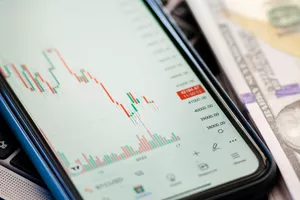CNV Assesses Public Offerings of Virtual Assets
The Argentine Securities Commission assesses public offering regimes with automatic approval for low and medium impact cases, secured notes, and virtual assets.

On November 1, 2024, the Argentine Securities Commission (CNV) issued General Resolution 1028/2024, submitting to public consultation the Public Offering Regime with Automatic Authorization for low and medium impact cases.
This Resolution proposes two automatic authorization regimes for public offerings:
- public offering with automatic authorization due to its low impact,
- public offering with automatic authorization due to its medium impact.
The Resolution establishes that, in both cases, the marketable securities must be:
- secured notes,
- virtual assets[1] that are secured notes (provided they are not convertible to shares).
The Resolution establishes for low impact offerings a maximum amount of up to one million Units of Purchasing Value (UVA) or their equivalent in ARS or foreign currency, without the need for prospectuses, prospectus supplements, or other similar documents; and without the CNV’s prior authorization.
On the other hand, the regime foreseen for medium-impact offerings would allow placing securities for an amount of up to seven million UVAs, or their equivalent in ARS or foreign currency, without needing the CNV’s prior approval.
The Resolution also proposes an additional category called Other Public Offerings with Automatic Authorization, which includes auctions of securities—judicial or extrajudicial—arising from the enforcement of security interests or guarantee trusts, if they meet certain requirements.
Although this Regime would initially be limited to secured obligations (ONs), including short-term securities issued through ONs, this is the first CNV resolution seeking to regulate virtual assets representative of debt.
[1] According to the definition in Law 27739, section 4 bis, virtual assets are “digital representations of value that can be traded and/or transferred digitally and used for paying or investing [which] in no case will be understood to cover currency that is legal tender in national territory and currencies issued by other countries or jurisdictions (fiat currency).”
This insight is a brief comment on legal news in Argentina; it does not purport to be an exhaustive analysis or to provide legal advice.